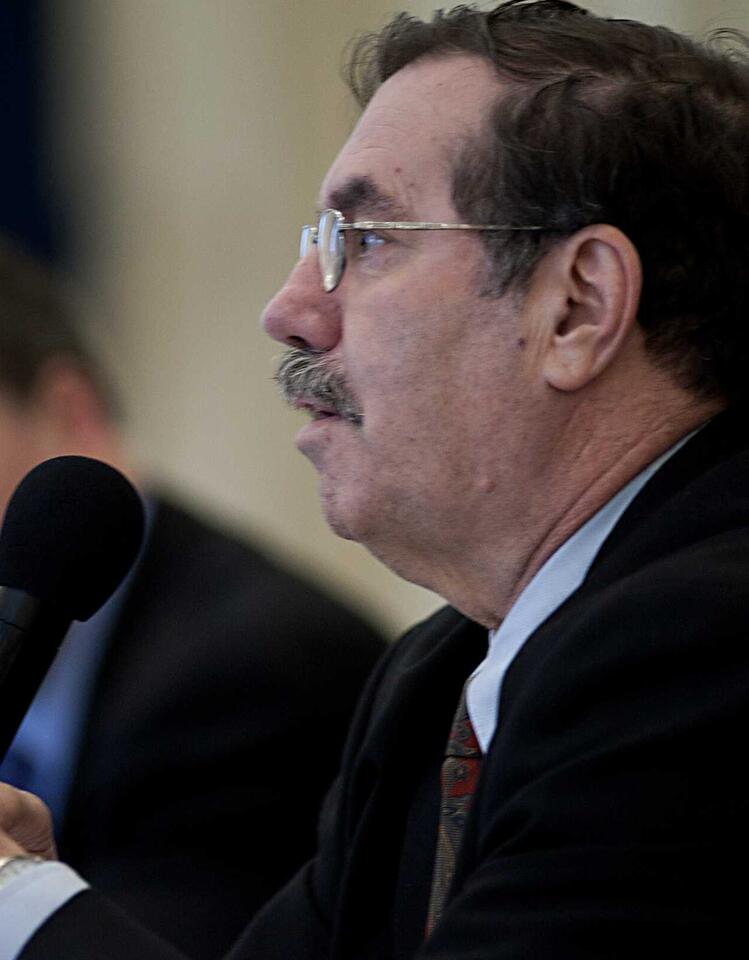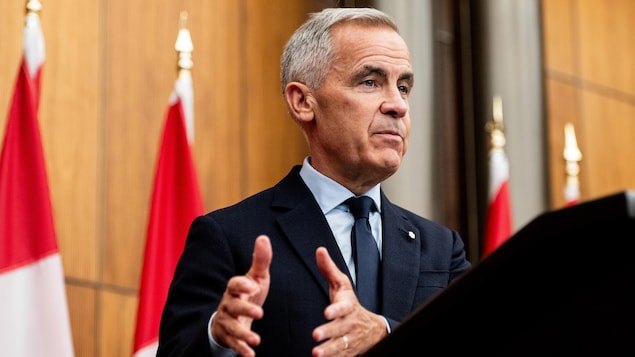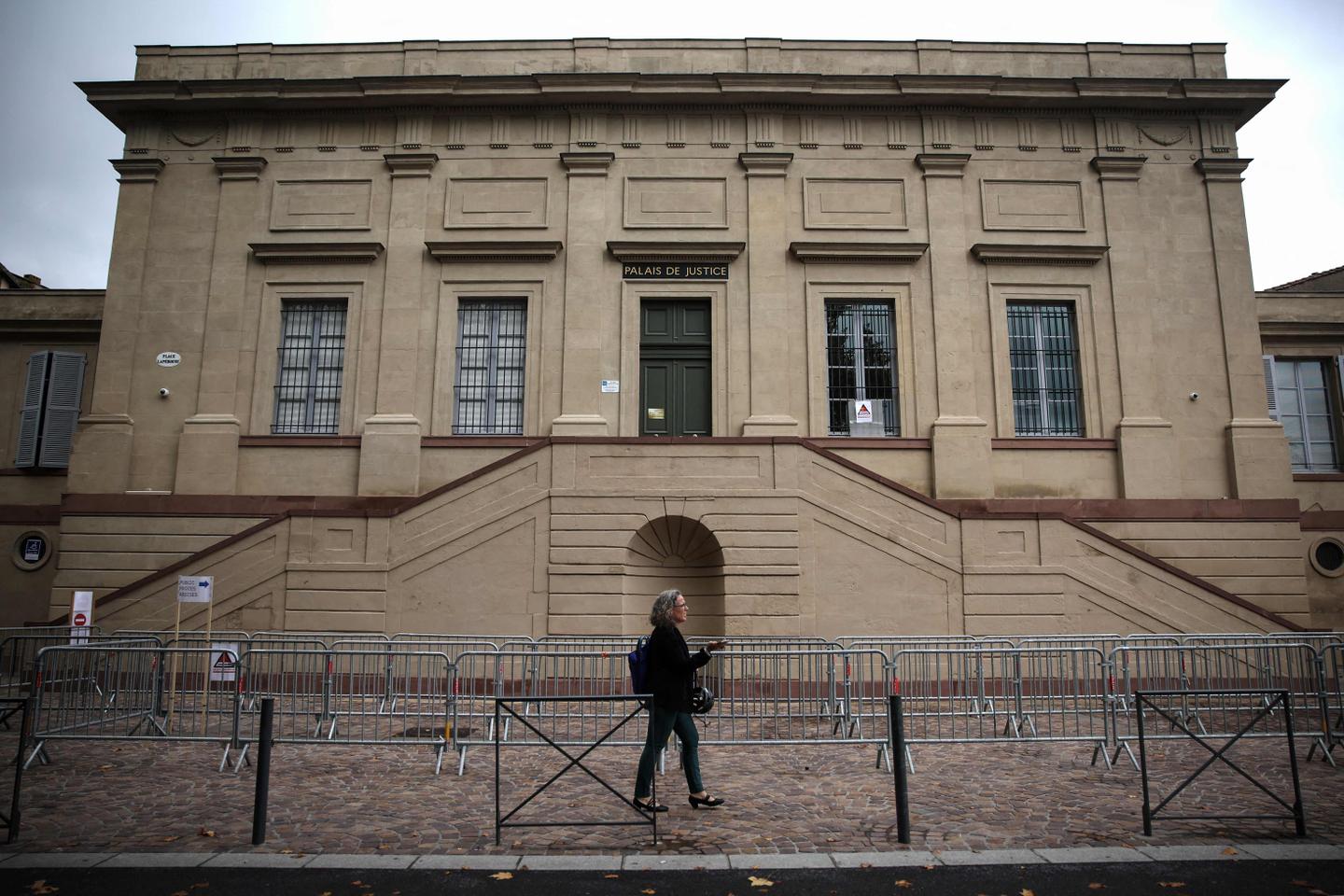The Vietnam War, Conscience, and Exile: The Story of Steve Trimm
In 1968, as the Vietnam War raged, Steve Trimm, a 19-year-old from Chatham, New York, found himself at a crossroads. His application for Conscientious Objector status was denied, leading him to refuse induction into the military. This decision set off a chain of events that would define his life and impact those around him.
A Stand Against the Draft
Trimm's refusal wasn't an isolated incident. In the pre-lottery era, many sought ways to avoid service. Some opted for college deferments, others sought medical exemptions, and a few, like Trimm, chose to openly defy the draft. In January 1969, Steve Trimm was sentenced to four years in federal prison for draft evasion.
From Albany County Jail to Fugitive in Canada
Initially, Trimm believed in accepting the consequences of his actions, drawing inspiration from Martin Luther King Jr.'s "Letter from a Birmingham Jail." He envisioned writing his own "Letter from the Albany County Jail." However, while out on bail, facing transfer to federal prison, Trimm made a life-altering decision: He assumed the identity of James Bridger and fled to Canada as a fugitive.
The Price of Exile
Living in exile meant severing all ties with loved ones. "I had to repress all memory of family and friends," Trimm explained. "If I started to think about them, I knew it would drive me mad. I froze my memory, froze my emotions. I had to surrender the humane side of my life, to retain ‘life.’ I survived, after a fashion." The decision to evade his sentence haunted him for years, making him question his own morality. He was not alone, among 170,000 draftees were granted Conscientious Objector status, 209,000 were charged with draft evasion and 4,522 became fugitives.
A Divided Nation
Public reaction to draft evaders was deeply polarized, mirroring the divisions over the war itself. President Nixon expressed his strong opposition to amnesty for "draft dodgers," reflecting the sentiment of his "great silent majority." However, voices of dissent, such as Phil Ochs with his "Draft Dodger Rag" and Allan Sherman's satirical song, "Draft Cards Burning on an Open Fire," highlighted a growing anti-war sentiment.
The Ripple Effect on Family
Steve Trimm's actions had significant repercussions for his family. They faced death threats, and his parents, a kindergarten teacher and a state worker, were targeted by the Chatham American Legion, which circulated a petition claiming their son's behavior reflected their teachings. Only Trimm's public statement in the Chatham Courier, exonerating his parents, quelled the attacks.
Unexpected Support
Despite the animosity, Trimm also encountered unexpected acts of kindness. A stranger once knocked on his family's door to simply say, "I just want you to know, I don't hate you." Such gestures provided solace during a tumultuous time.
Loyalty Amidst Division
Amidst the conflict, Trimm retained the unwavering support of two high school friends, George and Jay, who became U.S. Marines. Jay testified as a character witness at Trimm's trial, in uniform, between his tours in Vietnam, emphasizing his friend's sincerity. George even physically defended Trimm against a group of "patriotic" individuals.
A Letter of Forgiveness
Years later, George, who earned two Purple Hearts, gave one of them to Trimm, accompanied by a heartfelt letter acknowledging Trimm's "conspicuous gallantry in service of conscience and country and against the forces of evil." Incredibly, one of George's assailants later apologized for his actions after experiencing the realities of the Vietnam War, showing how perspectives could change and hearts could be touched.
Returning Home
In September 1974, President Gerald Ford offered "earned re-entry" to draft evaders, leading to Trimm's return from Canada. Two years later, he received an unconditional pardon. Through therapy and reflection, he eventually forgave himself for his past actions. Trimm later wrote a book, “Walking Wounded: Men’s Lives During and Since the Vietnam War”.
A Message of Grace and Understanding
Steve Trimm expresses grace towards those who sought his imprisonment, recognizing their adherence to lessons from past conflicts. He also offers understanding to those who served in Vietnam, acknowledging the difficult choices faced by all involved.
 Visit the website
Visit the website





